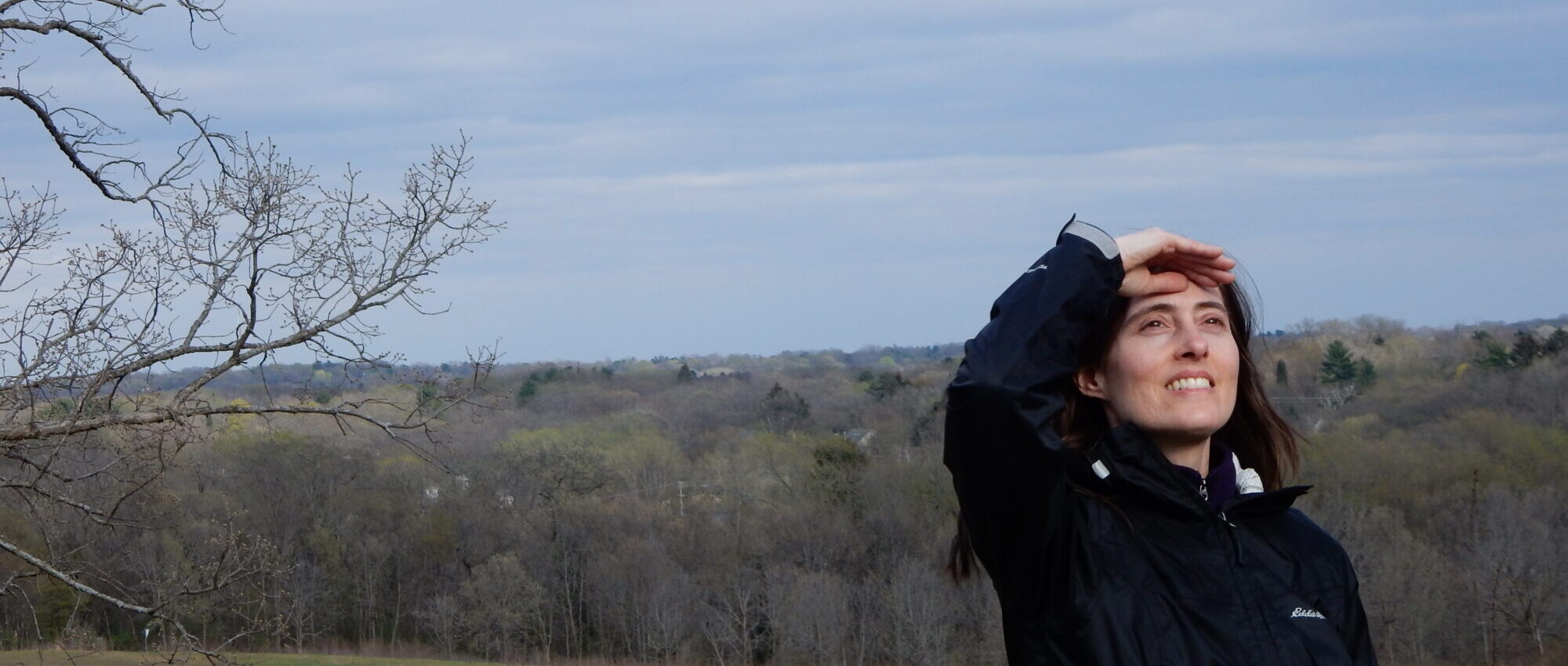As summer winds down, it’s hard not to notice the change in the air—and I’m not just talking about content cat days butting in between sweltering dog days.
I’m talking about the elephants and the donkeys in the room, carrying us someplace new.
Perhaps, like me, you’ve felt moved by the sea change in the zeitgeist? And had a hankering to bottle it. Turn it into ink. Pick up your quill, dip into the well, and write out the shift on the page?
Ah, but how to make sense of it all? Turn being moved by the moment into a piece of writing. Or slip it into an essay, novel, poem, memoir already in the works? Or will it marinate within and find its way over time regardless?
As a writer and creative writing instructor asking herself the same questions, my best answer comes down to this: tune your ear to metaphor, and see where it takes you.
Okay, yes, metaphor is my favorite craft element. So I admit I’m partial. But stay with me and you may become a convert too.
Take “sea change.” Peel back the layers held within and you find a clunky hunk of waterlogged trunk transformed into buoyant driftwood. Changes, once made, that cannot be undone.
Metaphors often resist explanation of whatever we’re trying to get our minds around, such as the big picture “political zeitgeist.” Instead they point to something seemingly unrelated, often concrete and better known, like “changes in the sea.”
They encourage us to compare the two things through detail and relationship—to ponder the transformation of wood into driftwood and how it relates to the change in the political climate.
They work as guides to help us see one thing in terms of another, to illuminate new understanding.
Contrary to popular belief, metaphors are not the province of poets. They’re the kingdom we all live in.
Better yet, you could say metaphors work like the democracy we all have a stake in. Sure, even if we don’t pay much attention to them, they can keep working for us for quite some time.
But if we get lazy, if we don’t shape their usage, don’t recognize how they shape the very world we live in, let alone write about, all we have worked for is at risk of losing its integrity.


